
Issues with maritime communication date back to the time of the Titanic disaster.
Potential problems on the ocean are significant, with 1,875 domestic vessel accidents reported in 2022, which could have been prevented or provided with timely rescue had a functional communication environment been available.
With Coastal Link, which is currently under development, we aim to achieve seamless communication among vessels, and between vessels and ground facilities, contributing to a reduced number of vessel accidents.
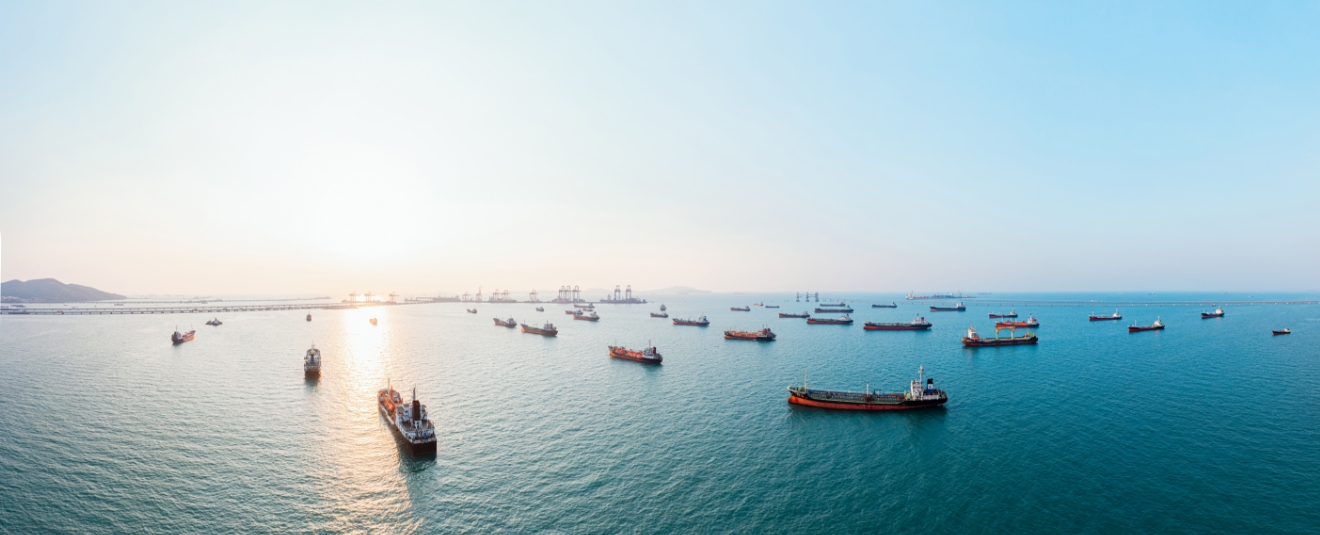
Maritime Communication Platform

Coastal Link is a digital platform that reliably shares vessel position and data with ground stations and other vessels, while not being affected by bad weather or difficult terrain.
The introduction of Coastal Link enables communication between all vessels and ports, eliminating the causes of vessel accidents and post-accident rescue delays in the sea.
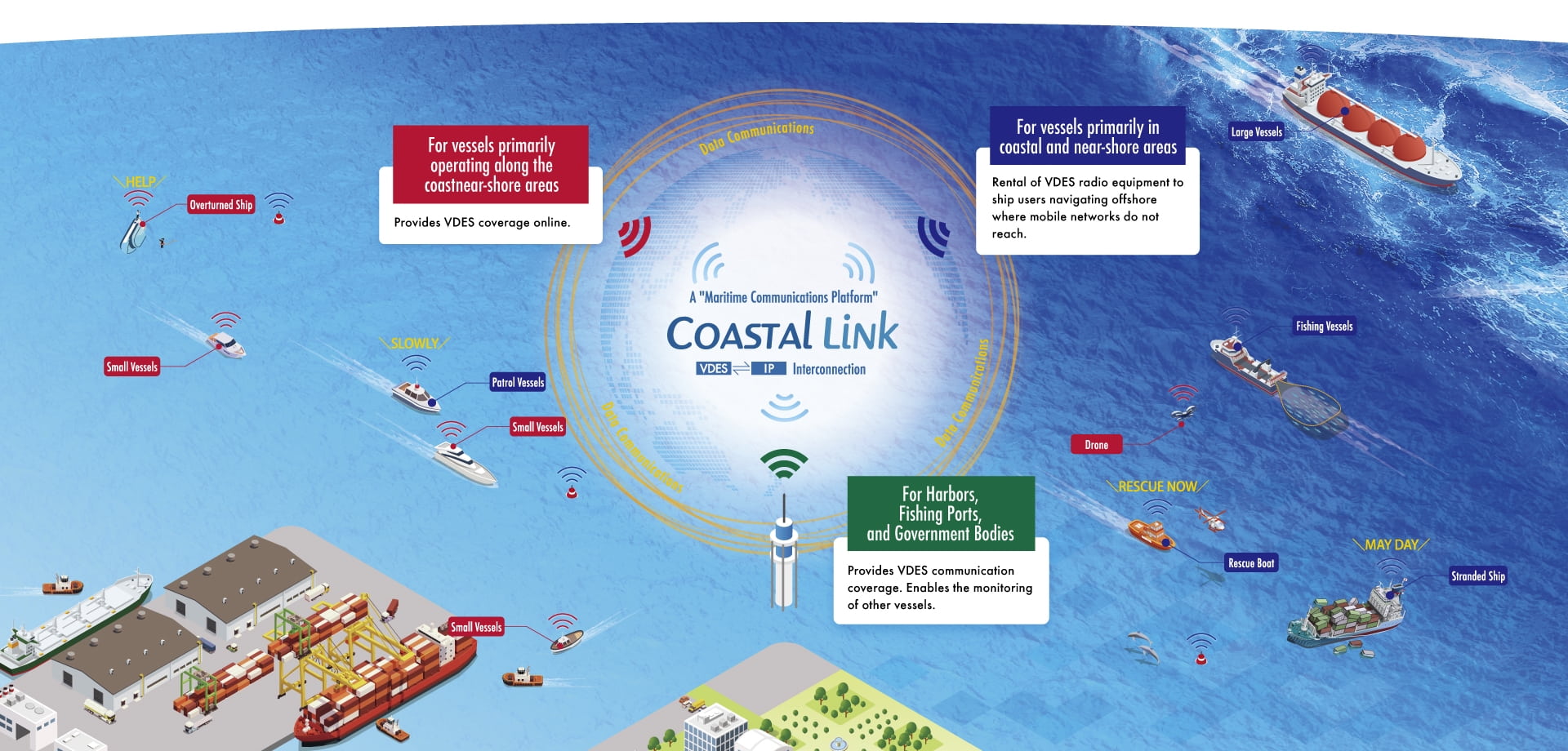
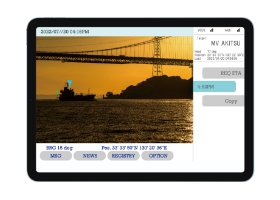

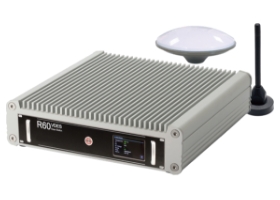

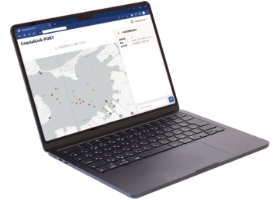

Coastal Link SHIP offers small vessels smoother communication with large vessels and ports. In the worst case scenario, when a coastal vessel is involved in a collision with a large vessel or runs aground, the vessel may sink, and the key to a successful rescue is how quickly rescue can be implemented.
When navigating offshore where mobile communications are not available, renting a Coastal Link OCEAN makes communication with large vessels and ports smoother. It also provides a faster and safer communication environment by facilitating previously difficult communication between large and small vessels.
By implementing Coastal Link PORT, it will be possible to monitor vessel traffic and proactively provide information and communication to specific maritime areas and to the vessels located there. In addition, this provides safe marine traffic guidelines for small vessels which were previously difficult to monitor.
